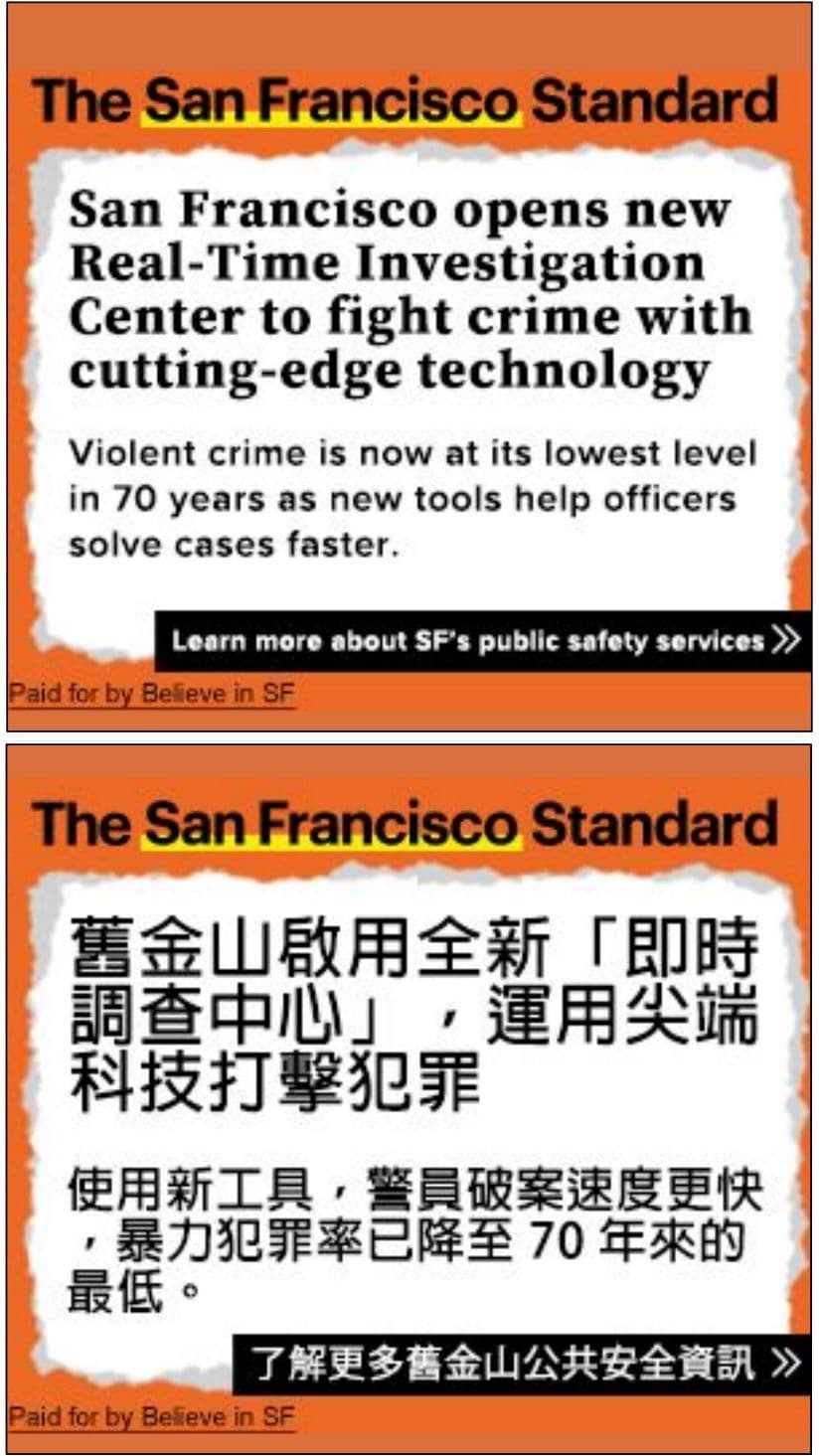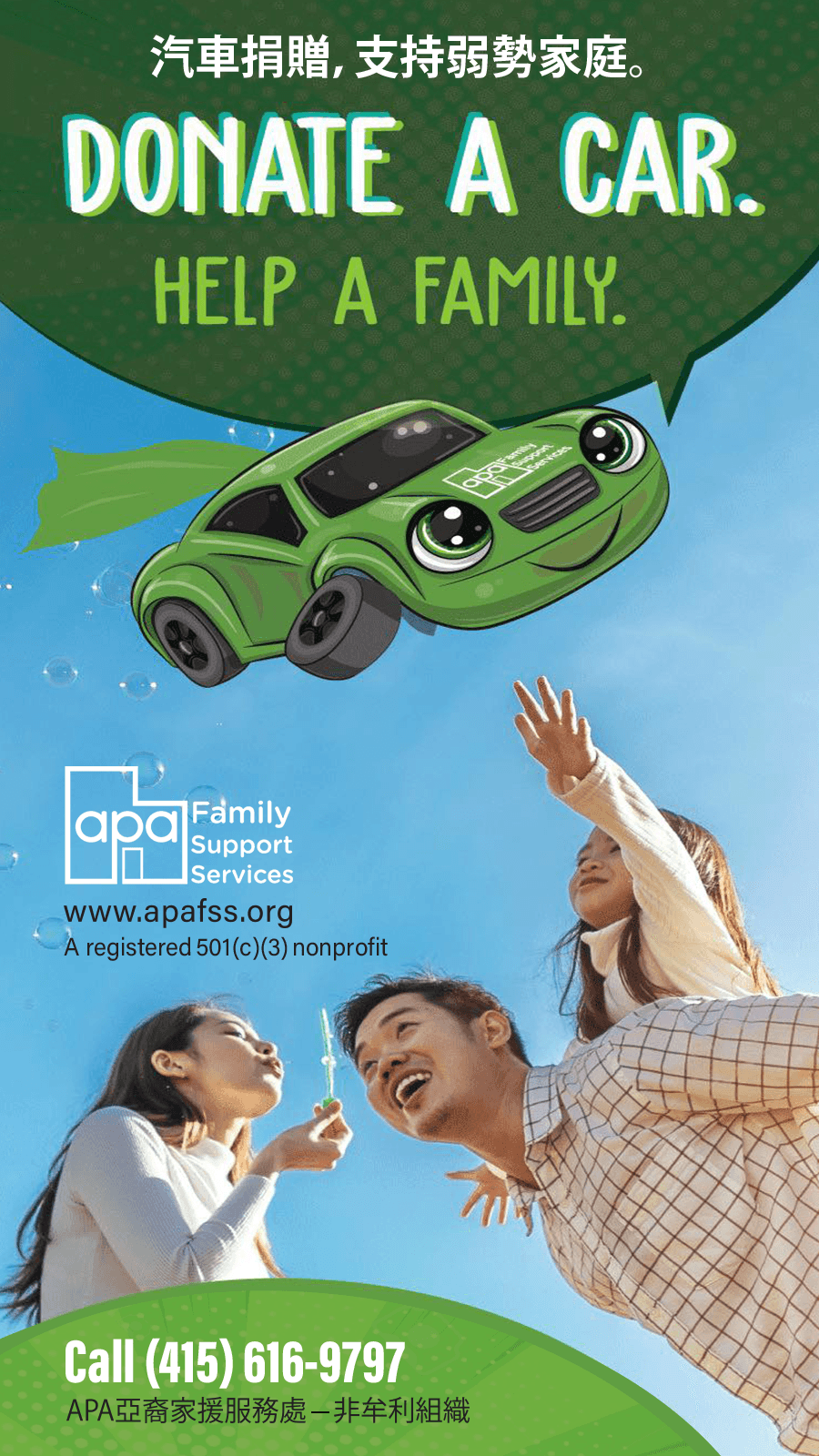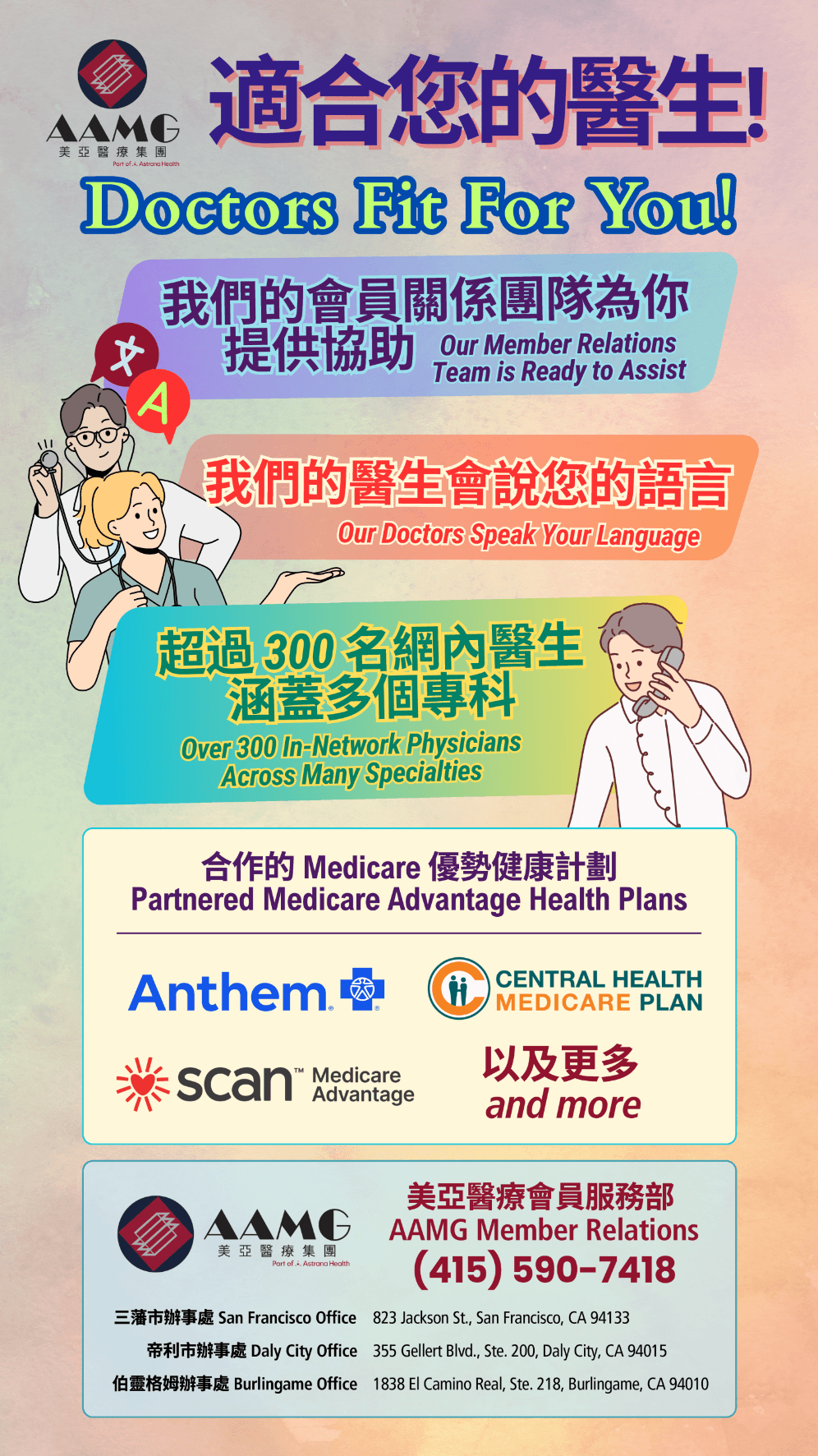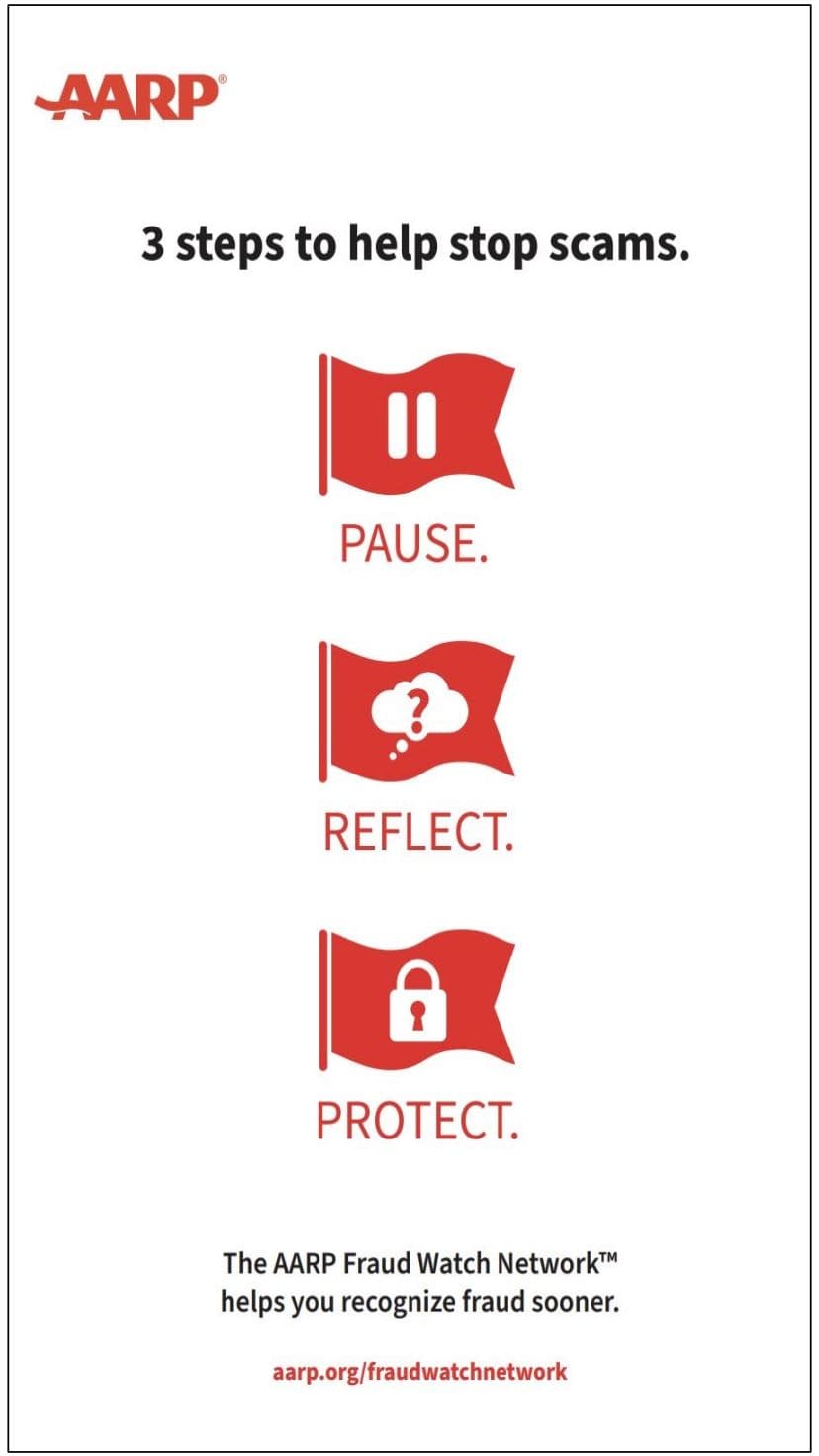Pius Lee retires after advocating for the community for 60 years

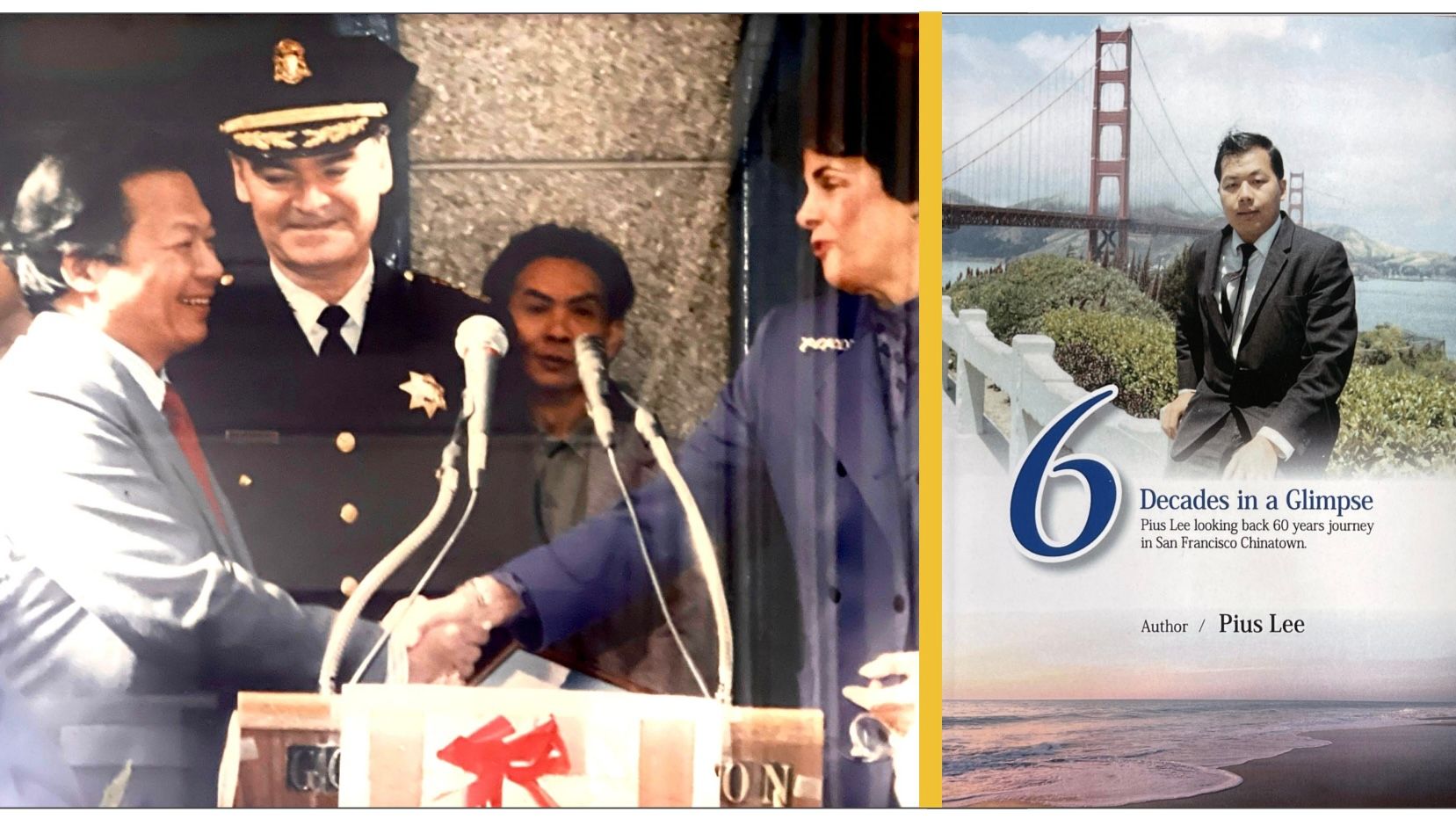
(SAN FRANCISCO) After serving the community for 60 years as a state and city commissioner, business leader, philanthropist, political activist and Chinatown leader, Pius Lee retires in early 2024.
In the meantime, Lee has released his autobiography to document his personal story as an immigrant coming from Hong Kong at the age of 26. The autobiography, Six Decades in a Glimpse, is published in both English and Chinese languages.
"I would like to share my story with the community and encourage everyone, no matter if he or she is American born or first generation immigrant, to give back to the community in any ways," Lee said. "Everyone can make a difference for our community."
For over 50 years, Lee has always been active in the Chinese and political communities. Not only has he known all San Francisco Mayors and California Governors well, his connections and influences have extended to the federal government. He was in-person with President Joe Biden, Former First Lady and presidential candidate Hillary Clinton, and held a fundraising event in San Francisco Chinatown in 1984 for former Vice President Walter Mondale under Jimmy Carter administration.
"Donald Trump publicly opposed family reunion immigration when he was the President. Trump said immigrants came to the U.S. for welfare. It was not true at all. All immigrants were not qualified for any public assistance for five years after they arrived the country ," said Lee.
Lee had a chance to speak to President Joe Biden about the significance of family reunion when he was running for the position four years ago. "Because President Biden won the election, otherwise the family reunion immigration would be eliminated today. Now we can still petition for our brothers and sisters. It was how many immigrants were able to come to the United States. We can't forget our roots," Lee said.
Lee's personal story is an immigrant's success story. Lee was born in the City of Zhuhai in Guangdong province, China. He followed his father to leave China and swan to Macau at age 14 due to the political situation in China. He later settled down in Hong Kong.
He learned English while he went to schools in Hong Kong prior to coming to San Francisco as a refugee in 1967 at the age of 26.
Lee's first job in San Francisco was a bank teller in San Francisco Chinatown. Two years later, Lee became a union representative for the garment workers fighting for minimum wages and better working conditions.
It was how Lee got involved in politics and received his very first political appointment by former San Francisco Mayor John Shelly in the 1960s as a member of the Economic Development Committee in Chinatown. Lee became the Chair of the committee and created more job and language programs for the Chinese immigrants community in the city.
In his late 20s, Lee decided to pursue his career in real estate. He was not able to pay for the classes to study for the real estate agent license. "I was very fortunate to get to know an owner in the real estate business who was willing to pay for it in exchange for my commitment to work at his office for a year," Lee remembered with a smile and gratitude.
Once Lee successfully passed the test to have his license in 1968, he founded his own company, California Realty & Land, operating up to the present time.
For the past over 50 years as a real estate developer, Lee has bought and owned many properties including buildings in San Francisco Chinatown. He has been very successful in his career, but he never stopped to participate in community and public services.
"All these have been my volunteer work. I am so proud that much of my volunteer work has gone beyond my expectation to benefit the entire community and extend to state and federal levels," Lee said.

In 1980, Lee was a candidate running for Supervisor which was a citywide election. He lost in the race, but that experience had made him more active in politics.
When late U.S. Senator Dianne Feinstein was the Mayor of San Francisco, Lee was appointed by her as the Chair of the San Francisco and Taipei Sister City Committee in 1981. Under his leadership, the Golden Gate Pavilion was built in the Stow Lake of Golden Gate Park.
Feinstein also appointed Lee to the San Francisco Human Rights Commission in 1981.
Lee's public service had extended to California State also in 1981. Jerry Brown in his first governor term appointed Lee to the State Industrial Welfare Commission. Lee had voted to approve a scheduling system for all police and medical staff in California working 10-hour/4-day per week.
Lee was actively involved in Feinstein's administration at San Francisco City Hall. Feinstein visited Sister City Tokyo in 1981 and was very impressed with the police koban idea in Japan where police officers were easily seen in the community that they served by stationing at the kobans.
Feinstein worked with Lee to create a police koban in San Francisco Chinatown. Lee raised funds for the project and the koban was open for service and located on Grant Avenue between Washington and Jackson Streets for 15 years until it was removed.
Lee had also worked with Feinstein to let all small businesses in the city put their produce for sale outside storefront within 2 feet. Later on, Lee worked with Assemblymember John Burton through his assistant Fiona Ma in the late 1980s to amend the state law to allow merchants further selling packaged food at their storefronts. It was one of the accomplishments that Lee shared.
In 1988, Lee was appointed to the Police Commission by Mayor Art Agnos. Lee proposed a foot beat patrol program in Chinatown to the Police Department for better serving the community where Asian gangsters were very active in those years.
Lee created the first gun buyback program in the nation to reduce gun violence when he was the Police Commissioner in 1992. The confiscated guns were melted into iron souvenirs.
The popular San Francisco Chinatown Night Market was first started by Lee in 1999 with the
support of Mayor Willie Brown. The Chinatown Night Market was packed with visitors in the early 2000s. Lee's night markets had ended for decades. "It has proved that the night market idea is helpful to the economy of San Francisco Chinatown," Lee said.
Although Lee has retired from his routine work, he still comes to San Francisco Chinatown everyday and stays at his office for most of the day. He will never leave Chinatown where he began his American dream from Day 1 arriving in the United States 60 years ago.
Note: Wind Newspaper will reprint Mr. Pius Lee's autobiography in the following weekly issues to share his story with readers.
- Six power outages in Sunset District impact residents and businesses among strings of outages in San Francisco in Dec. 2025
- California bans all plastic carryout bags at retail stores starting January 1, 2026, only allows recycled paper bags to be distributed to customers
- If someone’s vehicle blocks your driveway, San Francisco's 311 service will resolve it easier and safer for you
- U.S. Department of Homeland Security proposes green card status can be denied for Medicaid and SNAP recipients
- NAPCA Column 18: About the One Big Beautiful Bill Act
- San Francisco Real-Time Investigation Center (RTIC) equipped with drones and advanced technologies now fully operates to help keep the city safe
- The community blessed for two Chinese American Police Chiefs in a row to lead San Francisco Police Department
- San Francisco newly-appointed D4 Supervisor Alan Wong votes for Family Zoning Plan in his first full board meeting


